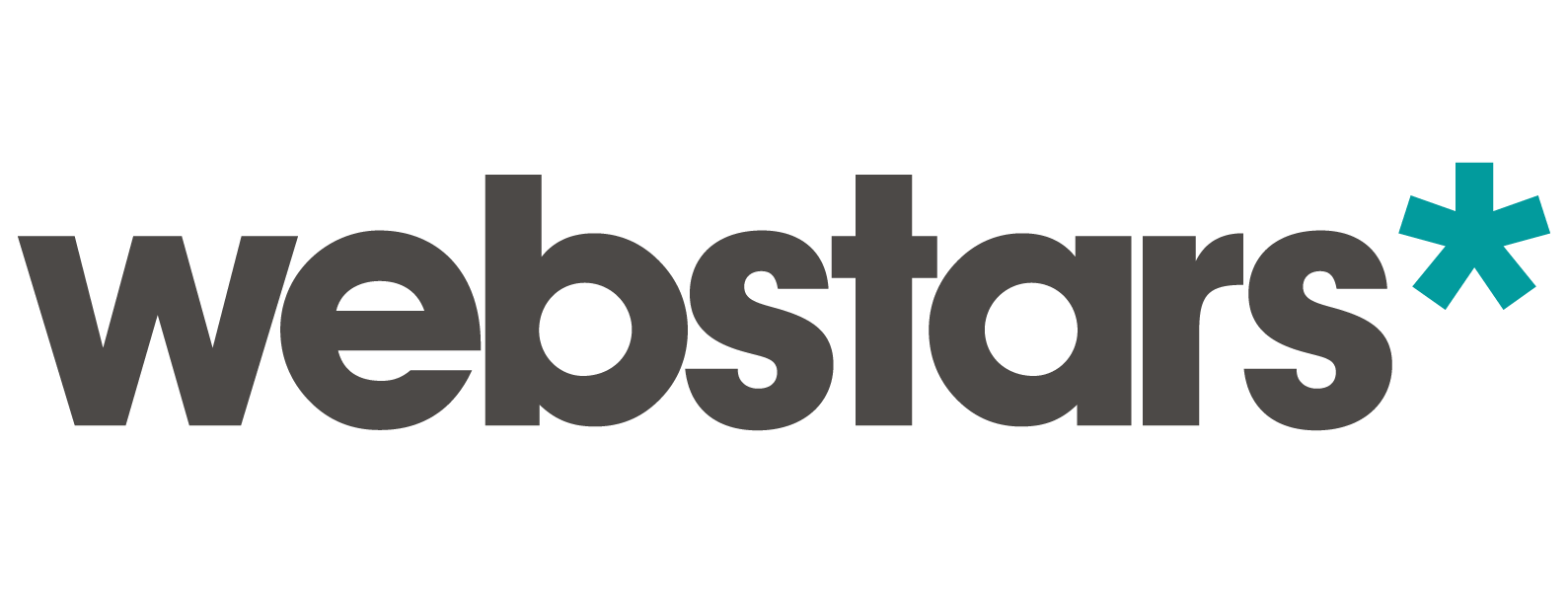My 6th, 7th & 8th Month in Marketing
Multichannel Marketing

Over the last few months I have been taking some time to learn new skills and have been working towards putting them into practice, the main one of those being multichannel marketing.
As an agency that specialises in account based marketing, it is quite important for us to be well versed in a multichannel marketing approach - especially when it comes to B2B organisations as we want to be able to reach our audience across multiple touchpoints to deliver a cohesive campaign.
I got a first hand account of this as recently one of our clients held an event that spanned multiple regions over four months and we utilised a multichannel marketing approach for them over this period to ensure that they reached their audiences at the right time in the right manner. We also utilised a multichannel approach for a couple of clients of ours wherein we tried to reach their prospects over social media, used email campaigns and utilised direct marketing as a tool… but I’m getting ahead of myself, so let's go over what multichannel marketing is!
What is Multichannel Marketing?
In simple terms, when we make use of multiple channels to reach our target audiences, we call it multi-channel marketing. And in this day and age where there is a huge assortment of channels that are being used by our target audience, we need to try and be where they are. Especially in the B2B sector, where 72% of consumers prefer to connect with organisations through multiple channels before making a purchase decision. This is important because a multi-channel approach to marketing allows you to consistently remind your audience about your presence and keep you top of mind.
We should also remember that our goal should be to have our target audience resonate with the messaging that is being put out. However, it is not enough to just start putting out messaging on all channels and hoping it works out. A multichannel messaging approach should be properly targeted based on the client profile - that you will have created by this stage, which requires an in-depth, personalised approach to marketing. After all, it isn’t enough that they receive our messaging, they must want to engage with it.
Some of the Benefits of Multichannel Marketing
One of the biggest advantages of multichannel marketing is that our target audience is given a choice in terms of using whichever platform that they feel comfortable with to interact with a business, which means that there is a higher chance of conversions.
Furthermore, by engaging in multichannel marketing, a business has more touch points with their target audience and thereby they have more opportunities to collect data from them in different ways.
In the event you have to stop using a channel due to factors beyond your control, you will have backup channels that you have already been using, have a following on and will not need to start afresh.
Using a multichannel approach also has the added benefit of giving the business an opportunity to create more impactful messages by mixing and matching various channels and improving brand recall.
Some of the Challenges of Multichannel Marketing
The biggest hurdle that one might face with a multichannel approach is justifying it. With a lot more channels to manage it would be quite resource intensive in terms of requiring more employees as a different skill set might be required to operate each channel.
Furthermore, time is another important factor as there are a lot of tasks that a business needs to focus on and balancing and integrating multiple channels and complicating marketing activities eats into what little time a business might already have. Making sure that different channels work with each other and not against is hard to coordinate.
With an ever changing landscape of channels and platforms a marketer can utilise, keeping up to date can seem like an insurmountable task. While marketers come to grips with one social media platform another one seems to crop up - Mastodon being the newest even though it seemed we were just starting to understand BeReal, thereby creating a need for near constant research on up and coming channels so that businesses can gain the first mover advantage.
Another big challenge that marketers face when implementing a multichannel strategy is that marketing attribution can become quite difficult. The more channels one adds, the harder it can be to know which channel or campaign contributed towards a conversion and sale. This of course means that optimising channels and campaigns become a little bit more difficult.
Some of the Popular Channels for Multichannel Marketing
Social Media Platforms
While various social media platforms exist, one’s main focus should first and foremost lie with what can be considered the “big four”, which are Facebook, Instagram, LinkedIn and Twitter. Traditionally B2B companies have used LinkedIn as the others are seen to be primarily B2C focussed, but this could not be further from the truth!
It is imperative that B2B businesses take into consideration the other platforms as younger generations filter into the workplace who tend to be active across a variety of platforms - including TikTok! And if in doubt, there are always hashtags (or some variant of it) that have a B2B focus to help find a business its niche. Furthermore, as new platforms release every few months (as mentioned before) that this younger generation is always willing to try out, at least in its nascency - businesses might consider advertising on them too.
These social media platforms offer businesses a wide reach to various types of audience groups and can be used for advertising, engaging with customers, and building brand awareness through various types of content forms such as images, videos and carousel posts.
Affiliate Marketing
Following on from social media marketing, this form of marketing has recently gained prominence as it allows a business to partner with another individual or a business to promote your products or services. It is a very effective way of reaching new audiences with ease and it was noted that it has a higher return on investment than a lot of other prominent marketing strategies.
Often underrated, we have found email marketing to be a potent option when it comes to account based marketing. It allows a business to reach chosen prospects directly in their inbox with personalised messages and can be used to help build familiarity and foster relationships.
When it comes to deciding what to send to a prospect there is a wide range of content to choose from, such as promotional messages, informative content in the email body or a downloadable document or even newsletters!
Direct Mail
Another underrated form of marketing that we think works really well, as not only does it allow for highly targeted marketing, but it gives your prospect the opportunity to interact with your brand in a tangible way and stand out from all the digital noise that they might face on a daily basis. However, it is not without its drawbacks as there might be a high upfront cost associated with it and the key is to make sure that something that is useful to the prospects is being sent to the prospect because the last thing we’d want is for it to end up in a bin.
Events
A business might plan an event like a conference, tradeshow or even a roundtable for attendees (both in person and virtual) for the purpose of promoting their brand or offering to their prospects. While they do allow for one on one interactions with leads and can help generate brand awareness, there are a few drawbacks. The first and foremost being that it can be quite time consuming to set it up and plan and the costs associated with it, both of which are dependent upon how often a business might host an event and its size. However, event marketing can be critical to a company’s success according to the majority of people in leadership roles in a company.
Search Engine Marketing
This type of marketing involves a business advertising on search engines like Google. This form of marketing can include paid search ads, organic search results, and search engine optimization techniques and can be an effective way to reach prospects who are searching for products or services related to your business.
Conclusion
Overall, businesses should carefully study their target audiences and their behaviours and then choose a channel that aligns with their needs and business goals, making sure to use a combination of channels to maximise reach and engagement.
If you are facing issues with implementing a multichannel marketing strategy or have some questions, our team at Webstars will be more than happy to help, so feel free to get in touch with us.
Account Based Marketing
Download our Complete Guide





